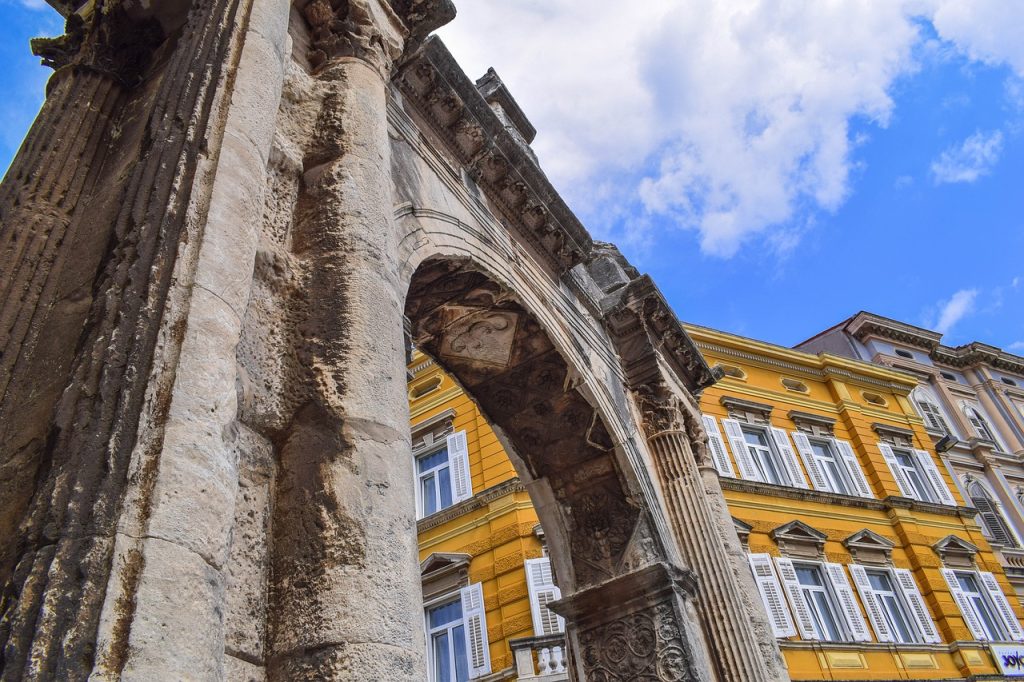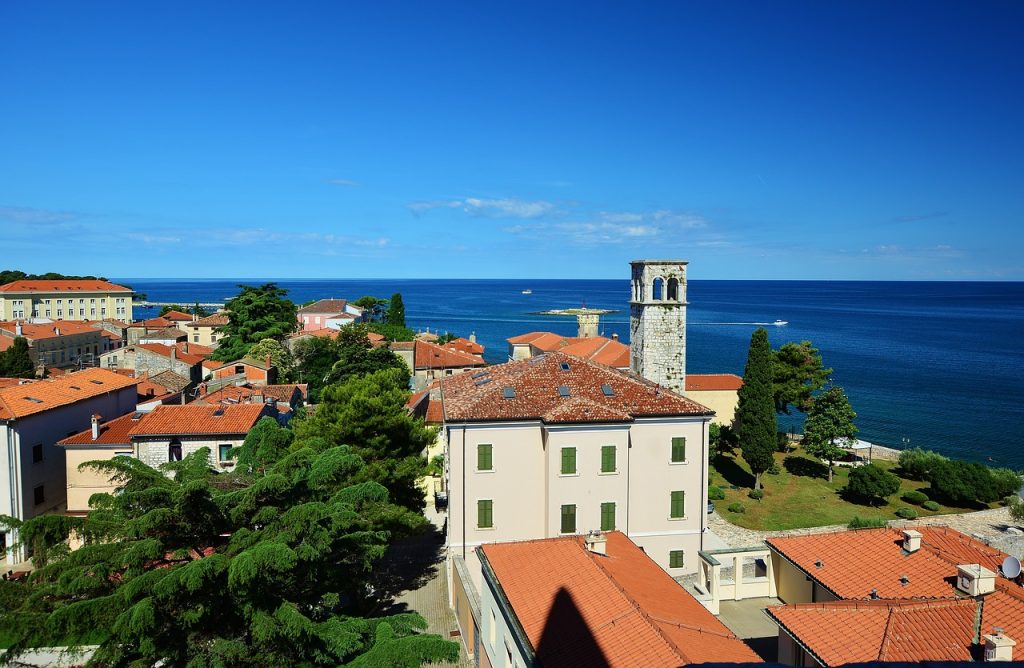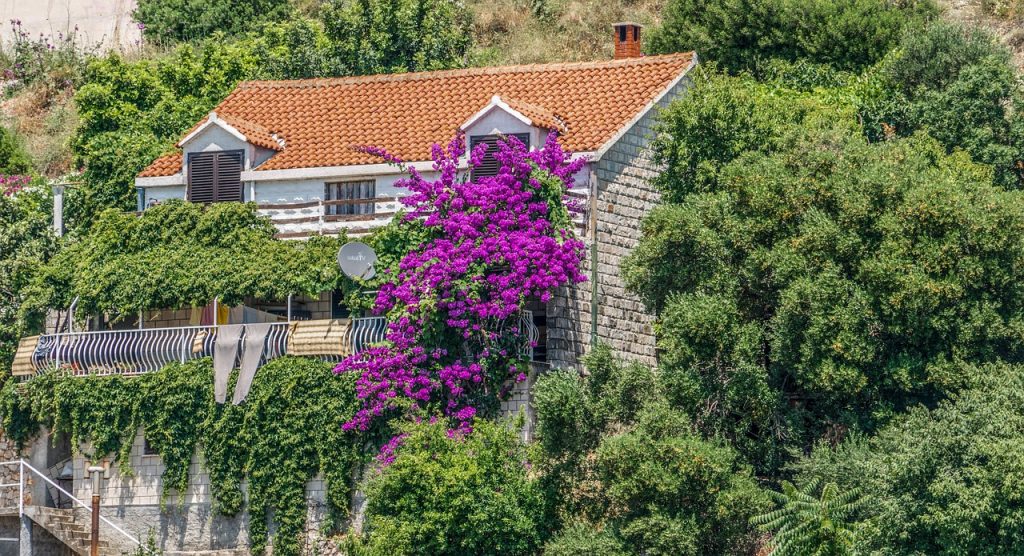July the 10th, 2023 – Many Croatian private renters and other homeowners are frequently bypassing the country’s eVisitor system for registering guests. This is especially the case if they aren’t themselves living in said property.
This was commonplace before the creation of Croatia’s highly praised eVisitor system, and frankly, nobody really cared you were doing it unless an inspector happened to come knocking. The rules have since become much tighter, and it is now much more risky to try and bypass registering guests and paying the appropriate tourist taxes.
As Poslovni Dnevnik writes, foreign and domestic homeowners who don’t actually permanently live in the places where their properties are located, often don’t bother to register themselves upon arrival, and they do not register their guests either. In this so-called non-commercial accommodation sector in Croatia, which means properties which aren’t categorised or intended for rent, there are almost 700 thousand beds, seeing it surpass even commercial private accommodation. In Istria alone, they estimate that the number of overnight stays is at least 30 percent more than reported because many Croatian private renters simply engage in this business illegally.
The structure of accommodation capacities represents a challenge
The director of the Croatian Tourism Association, Veljko Ostojić, said that the structure of accommodation capacities represents one of the biggest challenges of Croatian tourism, writes HRT.
“We have about 10 percent of our beds in apartments. Since last year, we’ve offered 55,000 new beds in private accommodation. Which is the equivalent of somewhere around 110 hotels with 250 rooms each,” he pointed out, adding that there are certain challenges regarding infrastructure. He pointed out that the booking of hotel accommodation is at the level it was back during the pre-pandemic, record year of 2019. And he added that there is no reason to panic.
“You have to work diligently until the end of the season because nothing just happens by itself,” said Ostojić.
Permit problems in Pula

Due to typically frenzied construction, the powers that be in the western part of the Istrian city of Pula often don’t arrive on time to issue all of the necessary building permits.
“Sometimes you have to wait even outside the legal framework of the state for these papers, and without a certificate of occupancy when the house is finished, you can’t obtain a categorisation,” said Patrik Spagnolo, a local owner of holiday homes. While people sit twiddling their thumbs waiting for the categorisation of their houses, some simply don’t have the patience and they want to begin getting some of their cash back, so they just start to rent illegally.
Not enough consequences leads to confidence in illegality
“There’s a bit of everything going on here, Croatian private renters become influenced to do this and then they get comfortable in doing it, they see that there are no consequences and then it’s all much simpler for them, they hand over the keys at neutral locations such as petrol stations, they don’t have to be here to do anything, and they don’t have to deal with anything formally,” explained Sanja Cinkopan, the Pula Tourist Board director.
Unrest in Umag

Elsewhere in Istria, Umag is also struggling with unfair competition, where there are more and more foreign home owners appearing and renting out their properties.
“From 2019 to 2023, the growth of non-commercial accommodation has been 40 percent. We’ve got close to 20,000 beds sitting in non-commercial accommodation facilities, and according to our research, this isn’t even half of what really exists here,” said Milan Popović, the director of the Umag Tourist Board.
Construction in central Istria
Enormous levels of new construction are also underway in central Istria, and this poses a problem. Beautiful little Savičenta (Svetvinčenat) is now surrounded by buildings that have nothing to do with the originality of the place. There are already almost 500 categorised holiday homes here, so it isn’t surprising that they are partly empty.
“A lot of foreigners came and bought real estate in Istria, but who controls all this? I don’t believe that everyone uses these properties only for themselves during the summer,” questioned Klara Grahovac, an owner of one local holiday home.
A maximum of fifteen friends annually

Each home owner can host a maximum of fifteen personal friends per year, and given that this hasn’t been happening, Istria’s tourist boards plan to monitor the situation on the ground much more closely from now on.
“When we see that some irregularity has appeared in the sense that vehicle registrations on the cars that pull up to the property are always different, that the number of registrations is higher than it should be or that people simply aren’t being registered via eVisitor at all, we’ll send the data to the state inspectorate,” warned Cinkopan.
Neighbours are encouraged to make reports
In a coordinated action with the inspectorate, residents across Istria are also invited to report any suspicions they might have of Croatian private renters renting illegally in their areas anonymously.











